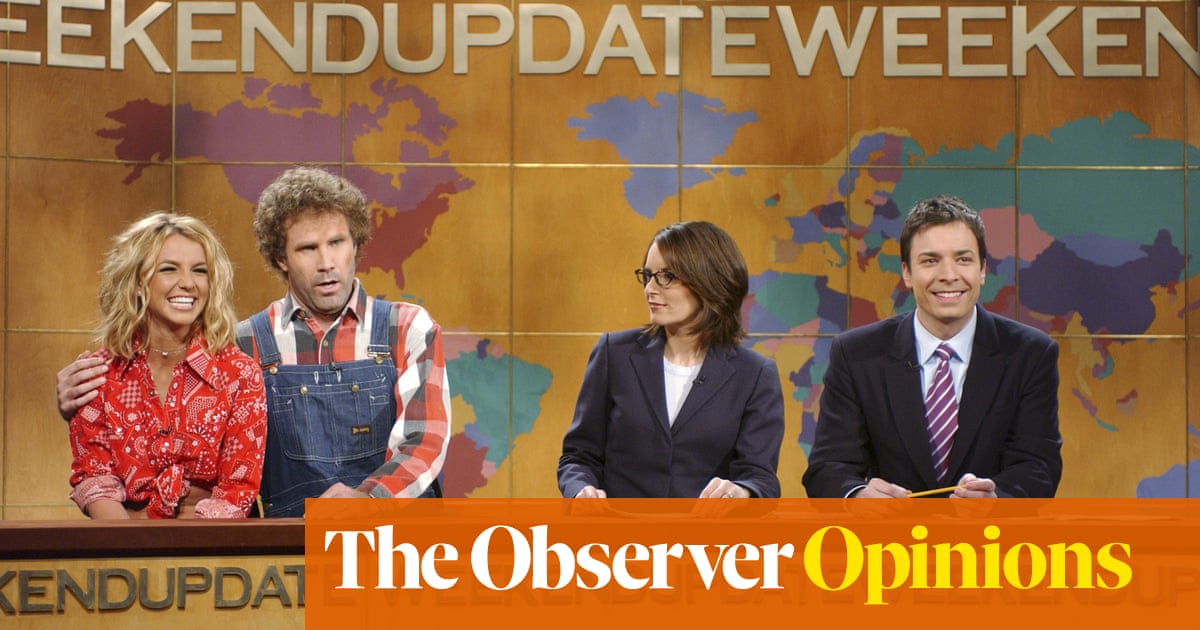Elon Musk has praised the co-leader of Germany’s far-right Alternative for Germany party, as he repeated his claim that “only the AfD can save Germany” during a controversial live talk on his social media platform X.
The virtual encounter between Musk and Alice Weidel on Thursday took place amid growing criticism over the US billionaire’s vocal support of far-right, anti-establishment parties across Europe, and accusations he is meddling in the campaign for Germany’s 23 February election.
In a conversation that was at times wooden and at times almost flirtatious, Musk heaped praise on the anti-immigrant, pro-Kremlin AfD, which is second in the polls with 21.5%, behind only the conservative CDU/CSU. He mispronounced the party leader’s name as “Weedel” throughout the encounter.
The almost 75-minute conversation covered everything from energy policy and education to their joint wish to slash German bureaucracy and prevent illegal immigration. Douglas Adams, Schopenhauer, the meaning of life, whether Adolf Hitler was a socialist or a far-right extremist and how to solve the Israel-Palestine conflict were also mulled over at length.
Musk and Weidel took swipes at “woke” views, and appeared to agree on everything – including the need to end the war in Ukraine, with Musk claiming: “President Trump is going to solve that conflict very quickly.”
Pressed as to “with what measures” this might happen, Musk appeared slightly flustered. “To be clear, this is up to President Trump. He is the commander in chief … I don’t want to speak for him … but it does require strong leadership in the States to get it done.”
Asked by Weidel when he might “be ready to have human expeditions to Mars”, Musk said he expected to send uncrewed space ships to the planet in approximately two years, and crewed ships in approximately four.
He said his aim was for “Martians” to be able to rescue earthlings “when there’s an emergency … just like America rescued Europe in World War Two”.
Weidel wrapped the conversation up after Musk had used Douglas Adams to outline his philosophy of live (“the question is more important than the answer”) and told her of his teenage struggles with Schopenhauer.
Musk has been regularly commenting on German politics since last month, when he endorsed the AfD, which has been classified as rightwing extremist by German intelligence.
He described the president, Frank-Walter Steinmeier, as a “tyrant” for criticising the AfD and said the chancellor, Olaf Scholz, should resign after a deadly car attack on a Christmas market in Magdeburg in which six people died.
Last week he authored an opinion piece in the Welt am Sonntag, in which he appeared to justify the AfD’s politics, and said it was wrong to label the party as far-right.
after newsletter promotion
Weidel and other party leaders appeared emboldened after Trump’s US election victory in November. Musk’s endorsement of the party seems to have buoyed the AfD further, say analysts, and could boost its acceptance among the German electorate.
Before Thursday’s talk on XSpace, the European Commission had said it would take a close look as to whether the discussion possibly violated its Digital Services Act (DSA). A spokesperson for the DSA said there was no objection to the discussion as such, rather its interest lay in the speculation that X was showing partiality towards certain types of subject matter.
A pressure group called LobbyControl, which campaigns for more transparency in European politics, said it was specifically scrutinising whether the discussion breached German campaign finance regulation, suggesting it could be viewed as political advertising.
Heightened tension over the recent perceived interference of Musk in German politics led Germany’s lower chamber of parliament to investigate whether the digital discussion might be deemed illegal.
A spokesperson for Weidel denied the charges, insisting that the talk did not amount to an illegal party donation, but was taking place as a legitimate expression of free speech, which had not been choreographed.
Germany’s federal network agency said it would be monitoring whether any algorithms on the platform were being manipulated before, during or after the discussion and would pass any relevant information on to the DSA.

 3 months ago
48
3 months ago
48













































